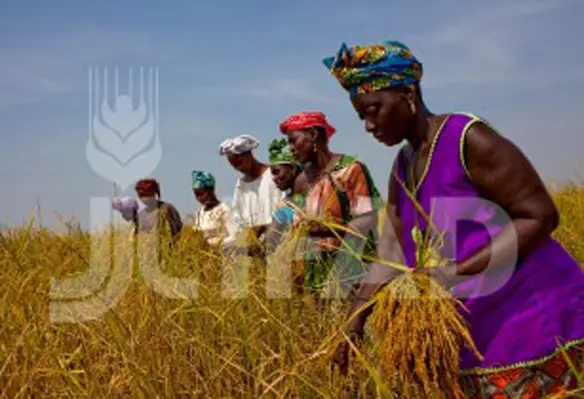
As the effects of climate change intensify, the impact on poor rural communities increases while small-scale farmers struggle to adapt. (Image source: IFAD)
On 9 November 2022, Norway, as part of a commitment to triple its support to climate adaptation by 2026, has pledged an additional US$9.5mn contribution of urgently needed climate finance to the UN’s International Fund for Agricultural Development’s (IFAD)




